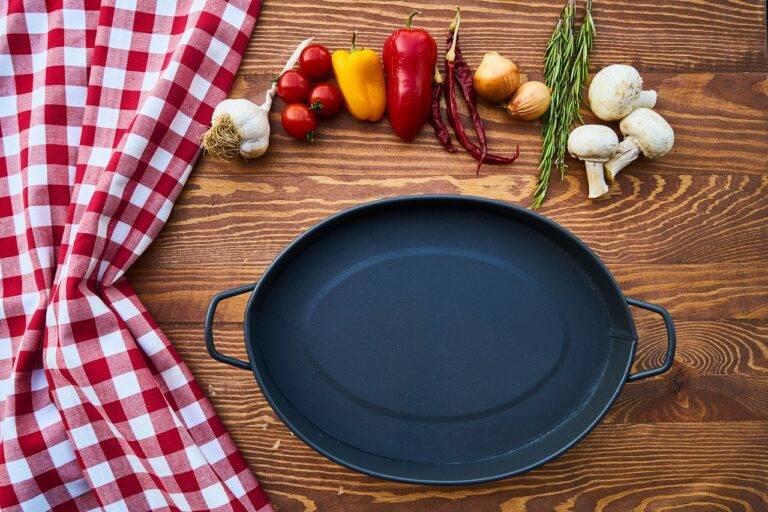Exploring the World of Sourdough Baking
Sourdough has a rich history that dates back thousands of years. It is believed to have originated in ancient Egypt around 1500 BC, where it was a staple food due to its long shelf life and ability to rise without commercial yeast. The process of sourdough fermentation was then adopted by the Greeks and later the Romans, spreading its popularity throughout Europe.
During the Gold Rush in the 1840s, sourdough played a vital role in feeding miners in California. Prospectors relied on sourdough starter, a mixture of flour and water naturally fermented by wild yeast, to make bread that provided sustenance during long and arduous days of labor. This era marked a significant period in sourdough history, as its enduring presence in American culture was solidified.
The Benefits of Sourdough Baking
Baking sourdough bread goes beyond just making a tasty loaf. The natural fermentation process involved in sourdough baking helps to break down gluten, making it easier to digest for many people with gluten sensitivities. Moreover, the fermentation also increases the bioavailability of nutrients in the bread, enhancing its nutritional value.
Additionally, sourdough bread has a lower glycemic index compared to commercial bread, meaning it causes a slower and steadier rise in blood sugar levels. This can be beneficial for individuals looking to manage their blood sugar levels or those with diabetes. The complex flavors and chewy texture of sourdough bread further add to the overall satisfaction and sensory experience of enjoying a freshly baked loaf.
What is the history of sourdough?
Sourdough has been around for thousands of years and is believed to have originated in ancient Egypt. It was a popular form of bread leavening before commercial yeast became widely available.
What are the benefits of sourdough baking?
Sourdough bread is easier to digest than traditional bread because the fermentation process breaks down gluten and phytic acid. It also has a lower glycemic index, which can help regulate blood sugar levels.
Can I make sourdough bread at home?
Yes, sourdough bread can be made at home with just a few simple ingredients – flour, water, salt, and a sourdough starter. There are many resources available online to help you get started.
How long does it take to make sourdough bread?
The process of making sourdough bread can take anywhere from 12 to 48 hours, depending on the recipe and the temperature of your kitchen. It requires patience, but the end result is well worth the wait.
Is sourdough bread healthier than regular bread?
Sourdough bread is often considered healthier than regular bread because of its easier digestibility and lower glycemic index. It also contains beneficial bacteria that can help improve gut health.
Can sourdough bread be frozen?
Yes, sourdough bread can be frozen for later consumption. Simply wrap it tightly in plastic wrap or a freezer bag and store it in the freezer for up to 3 months. Just be sure to let it thaw at room temperature before eating.





